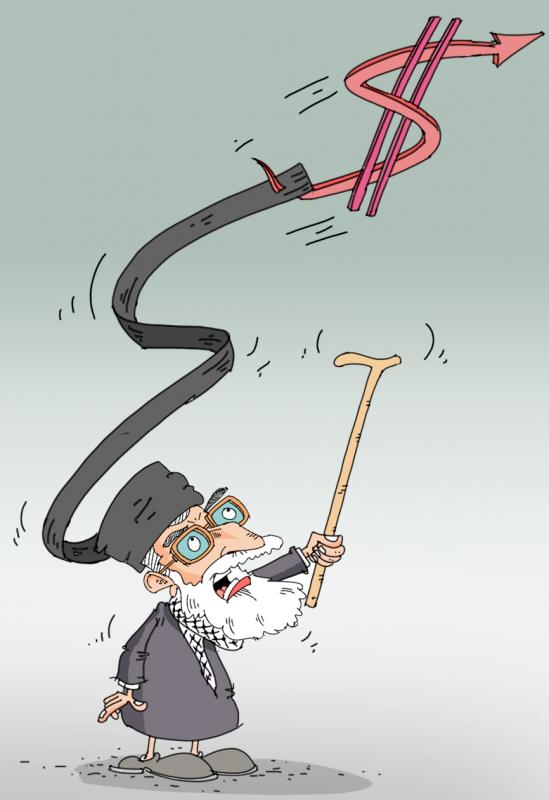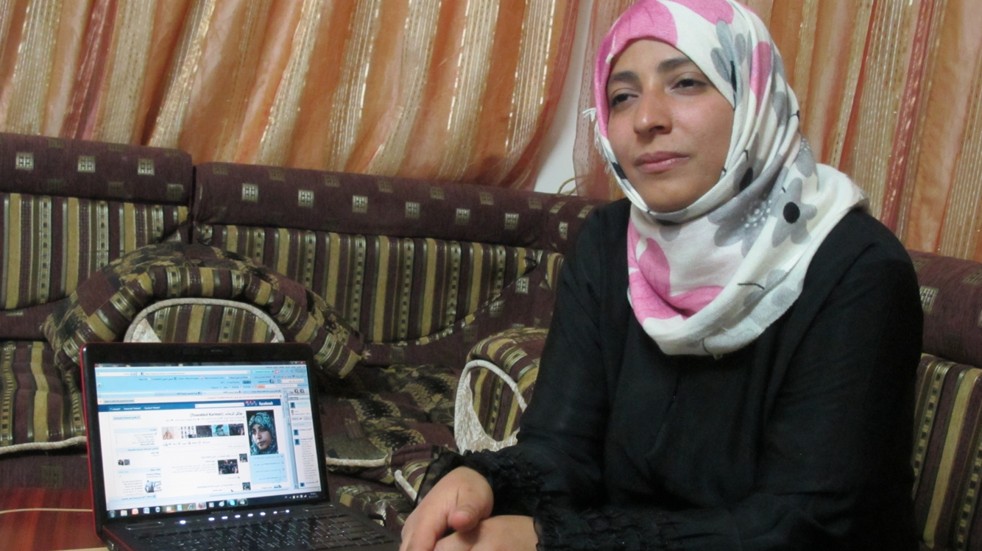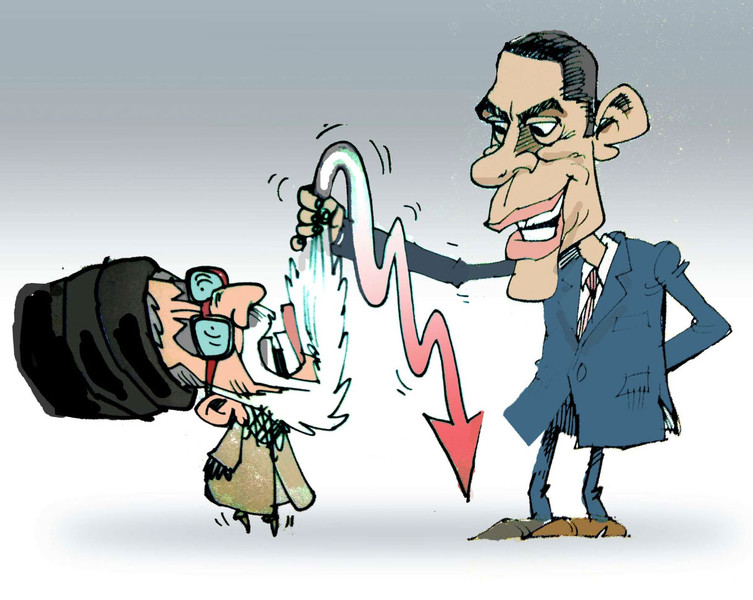 Head of Central Bank BahmaniTucked in amongst Press TV's assurances of Iran's military and economic strength --- "Iran successfully test-fires Nour missile"; "Israel can cease to exist if Iran attacked" --- is a brief but telling story, "CBI hibernates as Iran rial slides":
Head of Central Bank BahmaniTucked in amongst Press TV's assurances of Iran's military and economic strength --- "Iran successfully test-fires Nour missile"; "Israel can cease to exist if Iran attacked" --- is a brief but telling story, "CBI hibernates as Iran rial slides":
Despite a steep rise of the US dollar's parity against Iran's national currency in the unofficial market, the Central Bank of Iran (CBI) has yet to announce a clear policy to assuage the foreign exchange market.
As the business day started in Tehran on Monday, every dollar was traded for IRR16,400, which rapidly rose to IRR 17,000 by early afternoon.
Meanwhile, the CBI has announced the official exchange rate of the US dollar as being IRR 11,180 on its official website.
The State news agency IRNA is still not breathing a word about the currency crisis --- instead, its lead story is "California's massive protests against capitalism" --- so what explains the sudden admission by Press TV?
The clue may lie in the headline. If the crisis cannot be hidden, given that other Iranian newspapers as well as international media are now on top of the developments, then a culprit has to be prepared. That won't be the Supreme Leader, of course, and President Ahmadinejad seems to be exempt. Even the Ministry of Economy, Shamseddin Hosseini, who has been under pressure in the Parliament, is not mentioned.
Instead, it is the Central Bank and its head, Mahmoud Bahmani, who can take the blame. Even though Bahmani has been far from inactive --- it was his intervention, through a statement to a Parliamentary election, that brought a short-lived halt to the rial's fall two weeks ago --- he and his staff can be accused of "hibernation". They are dispensable.
Of course, Bahmani's eventual removal will not solve any of the big issues about the currency and the economy, but the hope is that it will buy some time for a solution to suddenly appear. If it does not, then the politics get really interesting: when the scapegoat is gone, who is next?


 Tuesday, January 3, 2012 at 12:00
Tuesday, January 3, 2012 at 12:00






